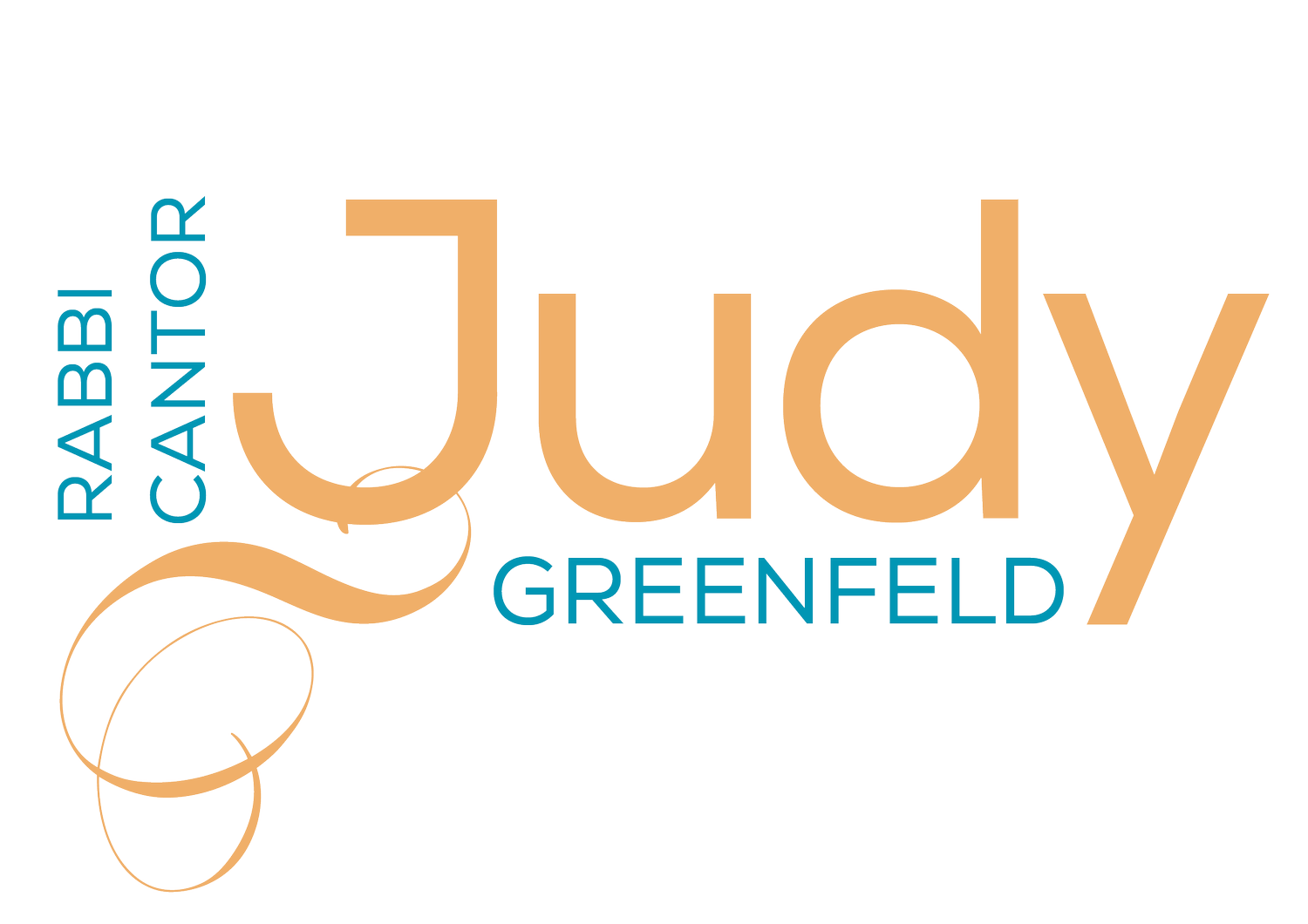Forgiveness And The Power Of Teshuvah
As we approach the High Holy Days, the theme of Teshuvah—often translated as repentance but meaning “to return”—takes center stage. Teshuvah calls us to turn inward, examine our actions, and make meaningful changes. Alongside Teshuvah, forgiveness is a cornerstone of this time, a healing practice that frees us from the burdens of anger and resentment. Yet, forgiveness is often far from simple.
Forgiveness, especially self-forgiveness, is an ongoing process. It requires us to look at our actions honestly, take responsibility, and let go of the narratives that keep us trapped in hurt or anger. It is also a way to make space for the changes we want to see in ourselves and our relationships. As we approach Rosh Hashanah, let’s remember that forgiveness is not about letting someone “off the hook”; it’s about releasing ourselves from the pain of past hurts so that we can move forward.
Forgiveness in Practice
This year, what would it look like to forgive yourself and others? Teshuvah and forgiveness are intertwined: as we return to our best selves, we must let go of the pain and anger that holds us back. God asks us to enter the new year with a clean slate, not only with others but within ourselves.
Consider taking the next few days to reflect on where forgiveness is needed in your life. Forgiveness is not a one-time event but a practice we engage in daily, just as we recite the prayer for forgiveness before bed each night. This practice prepares our hearts for the deeper work of Teshuvah as the shofar calls us to return to God.
Reflection Questions:
What is one unresolved hurt you are carrying? How can you begin the process of forgiveness, either with yourself or others?
What has held you back from offering forgiveness in the past? How might God be asking you to release that burden this year?
In what ways can you better align your life with the concept of Teshuvah, turning back to your true self and purpose?
Action Items:
Write down the names of three people you are willing to forgive, and three people from whom you would like to ask for forgiveness.
Set aside time to pray for guidance in releasing past hurts. Use this prayer time to ask God for the strength to forgive and to seek forgiveness.
Engage in a conversation with a loved one or mentor about forgiveness and Teshuvah. Share your reflections and learn from their experiences.
